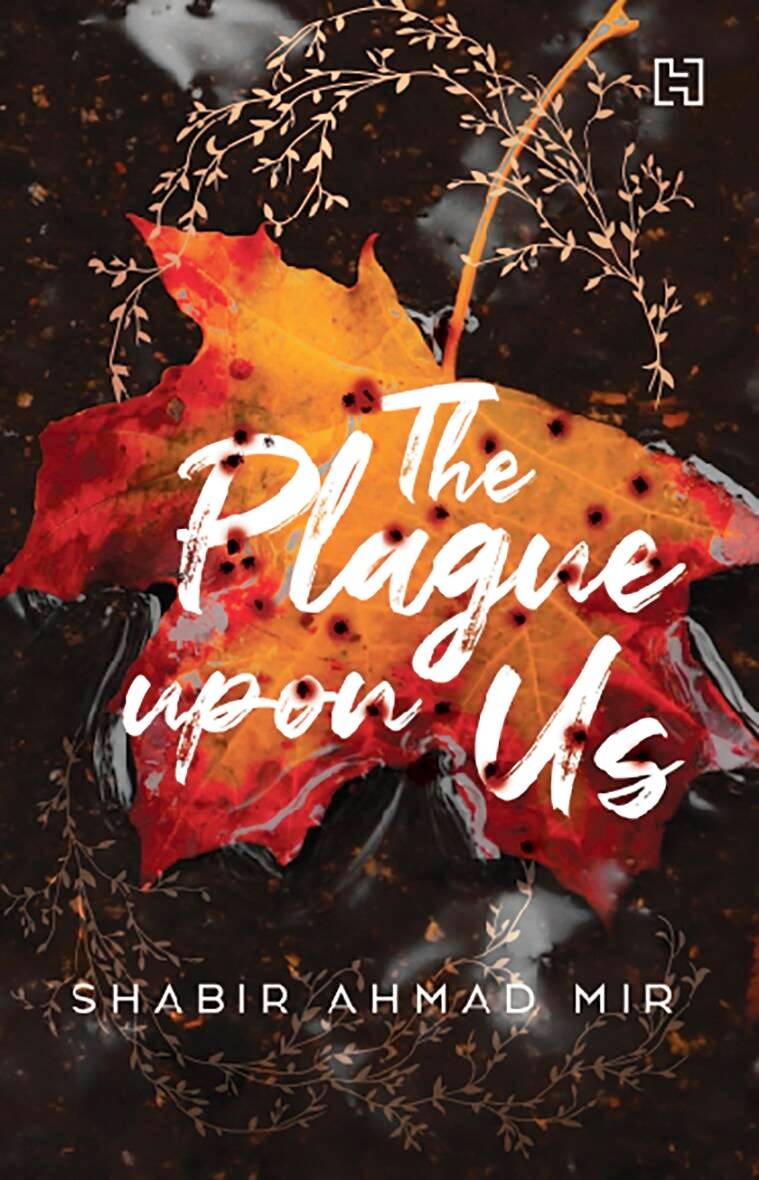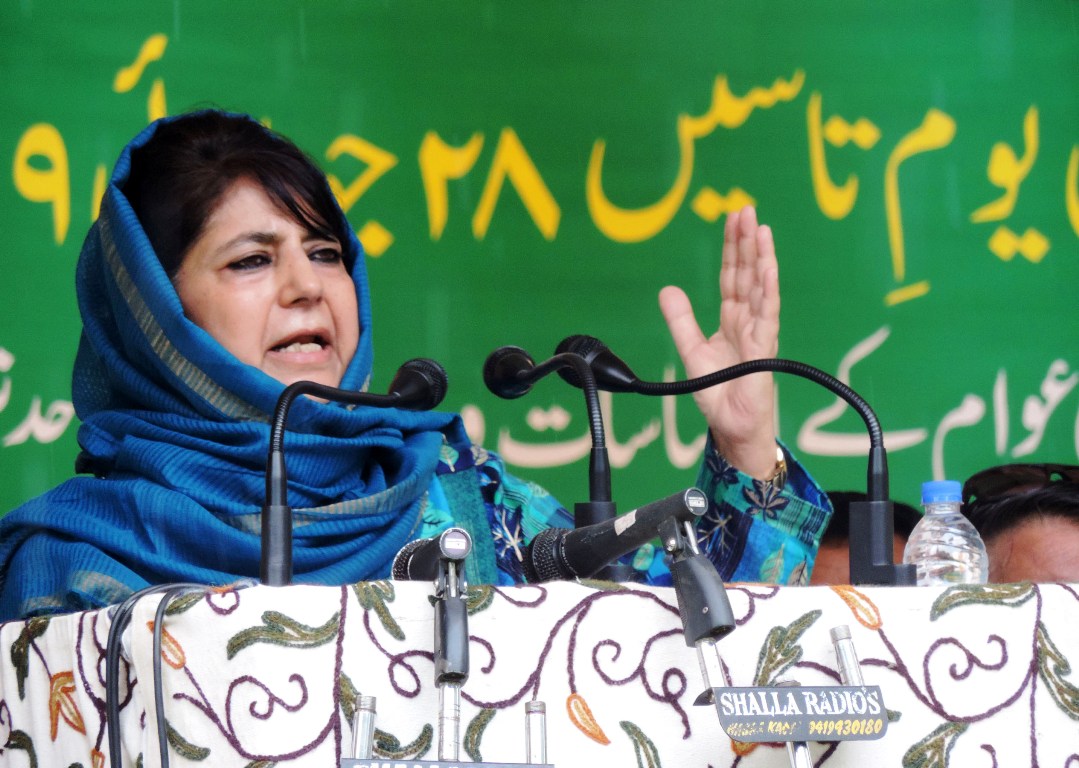SRINAGAR: Hachette India has released The Plague upon Us, a debut novel by Kashmiri author Shabir Ahmed Mir. Waheed Mirza has termed the novel a “superb debut”.

The Plague upon Us portrays Oubaid’s memories from the perspectives of four residents of the Kashmir valley who were once childhood friends – a militant, a rich man, the daughter of a social climber, and a member of the Brotherhood. As the pieces of a jigsaw puzzle fall into place, there unravels the full tragedy of a people looking for solace and a place to call home. A searing and power-packed reflection of our times, this brilliantly crafted novel announces the arrival of an arresting new voice in contemporary fiction, the publisher said.
We are THRILLED to reveal the cover of Shabir Ahmad Mir's #ThePlagueUponUs!
Little more than a year after Article 370 was revoked, The Plague Upon Us is an arresting novel from a debut writer based in Kashmir, written during internet and communication blockades in the region pic.twitter.com/kkdVXKtjHI
— Hachette India (@HachetteIndia) August 17, 2020
Mir is a short story writer who won the Reuel International Prize for fiction in 2017.
“The novel illuminates the deeply complex human condition in Kashmir without losing sight of the truth,” novelist Siddharat Gigoo has observed.

“A heart-rending story of betrayal, and the loss of love and friendship in times of war,.” Commented Mirza Waheed, the author of The Collaborator, the first novel on the Kashmir conflict written by a Kashmiri. “A loose reimagining of Sophocles’ Oedipus Rex, The Plague Upon Us shines a bright light on the unspeakable horrors of the dirty war that has been waged in Kashmir for decades.”
The novel is set in Kashmir and the trigger was 2016. “It had started out as a Tiresias-like figure roaming through the desolation and wasteland of Kashmir, but soon outgrew this premise,” Mir wrote in a brief write-up. “Rather than Tiresias, the protagonist turned into an Oedipus driven into madness by sight and blindness, by guilt and nemesis; by powers and gods that were beyond him. And in the process, I faced the demons of my childhood that had been pushed into the dark corners of my memory.” He sees his novel as his testimony of the horrors he witnessed.
“The attempt was more of an engagement with the past rather than struggle against forgetting the past”, Shabir Mir. In awe and admiration! https://t.co/MJfVEu4PgC
— Haseeb Drabu (@HaseebDrabu) August 20, 2020
“I had started with exploring and recreating the myth of Tiresias in the contemporary wasteland of Kashmir. Then from Tiresias, I moved on to Oedipus, and the novel at present is a very, very loose reimagining of that. Nevertheless, while writing it, the novel took a shape of its own. It began to explore and reclaim memories of my own as well as of people around me,” Mir told The Indian Express. “By the time I finished it, the novel had become an exploration of the guilt of survival in a place and time like Kashmir.”
Asserting that he wrote it in three months, Mir explained further: “The attempt was more of an engagement with the past rather than struggle against forgetting the past. I belong to a generation of Kashmiris who lived through a period of history that we witnessed but could not comprehend well-being kids. As adults, we fail to reconcile our history with our own witness. This slice of history — the eighties and nineties — has become a morass of narratives and counter-narratives; of propaganda and polemic. The only way to engage with our own past is by reclaiming our own memories, and experience (but not achieve) some understanding of it all.”















